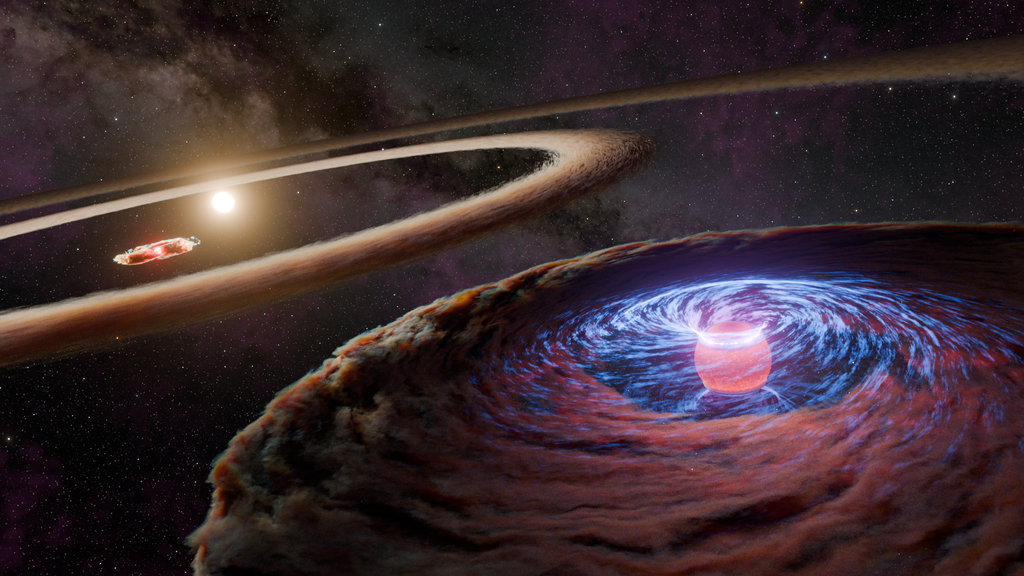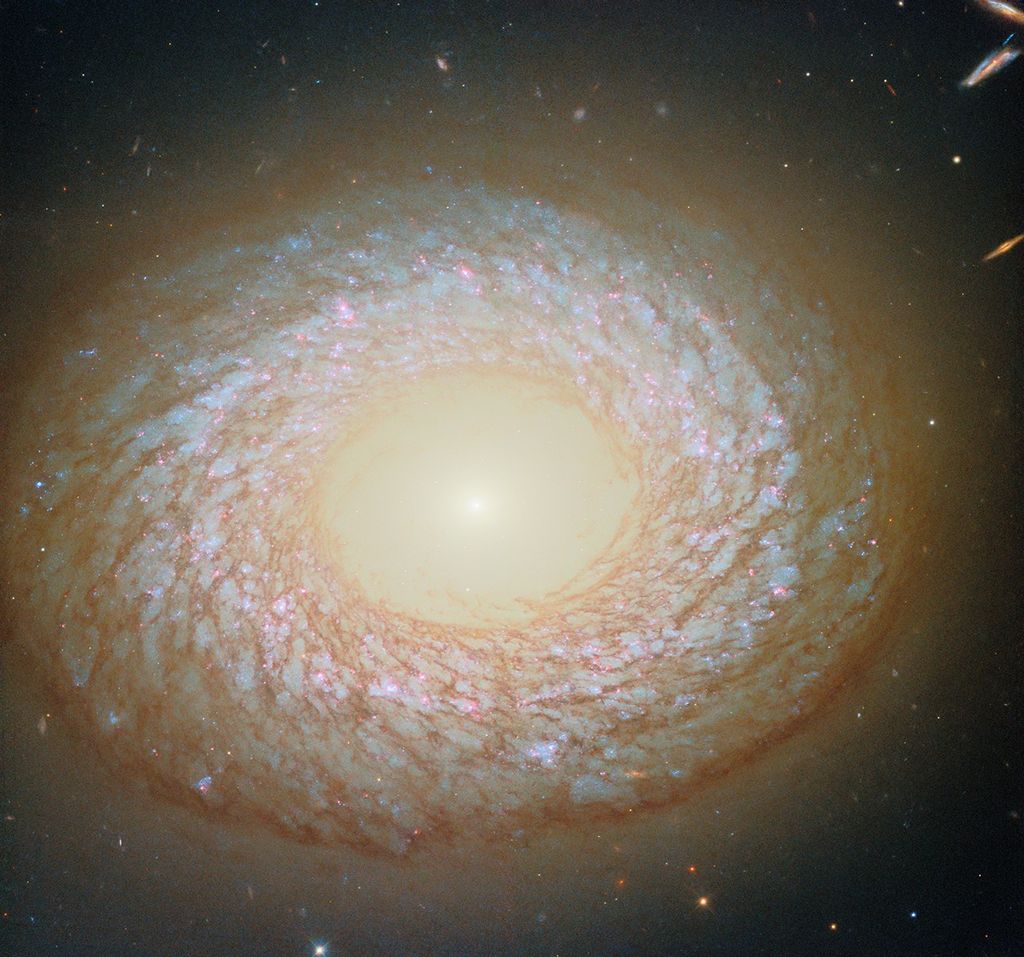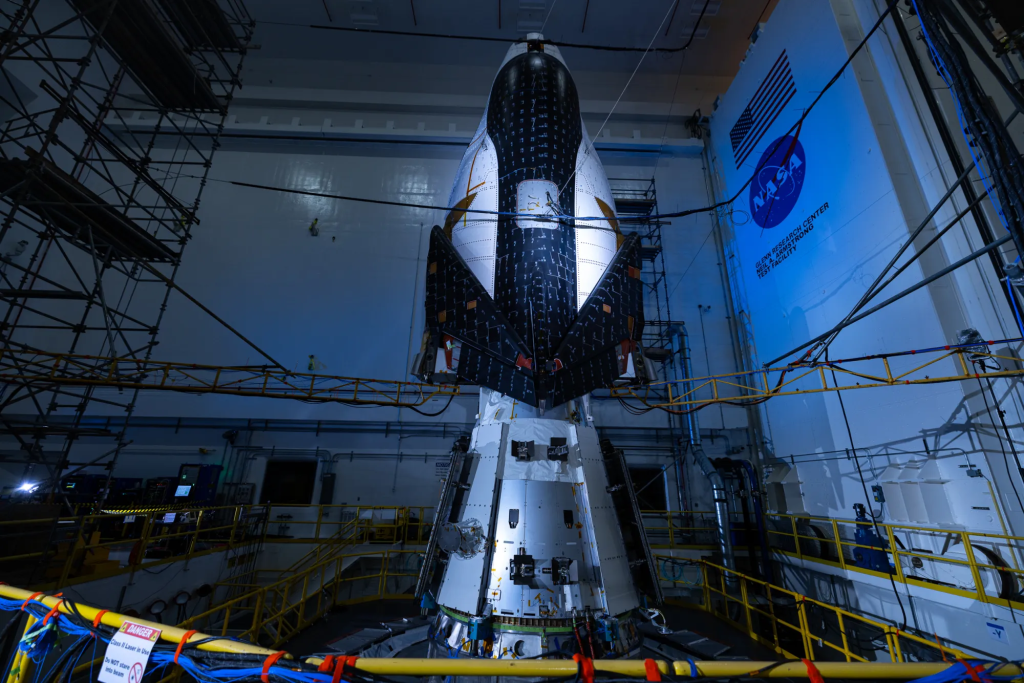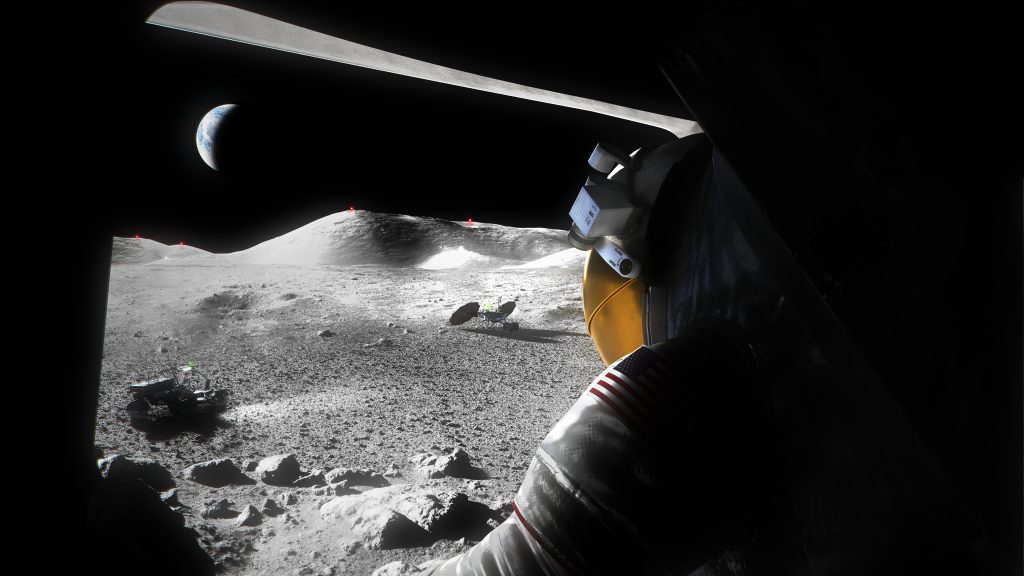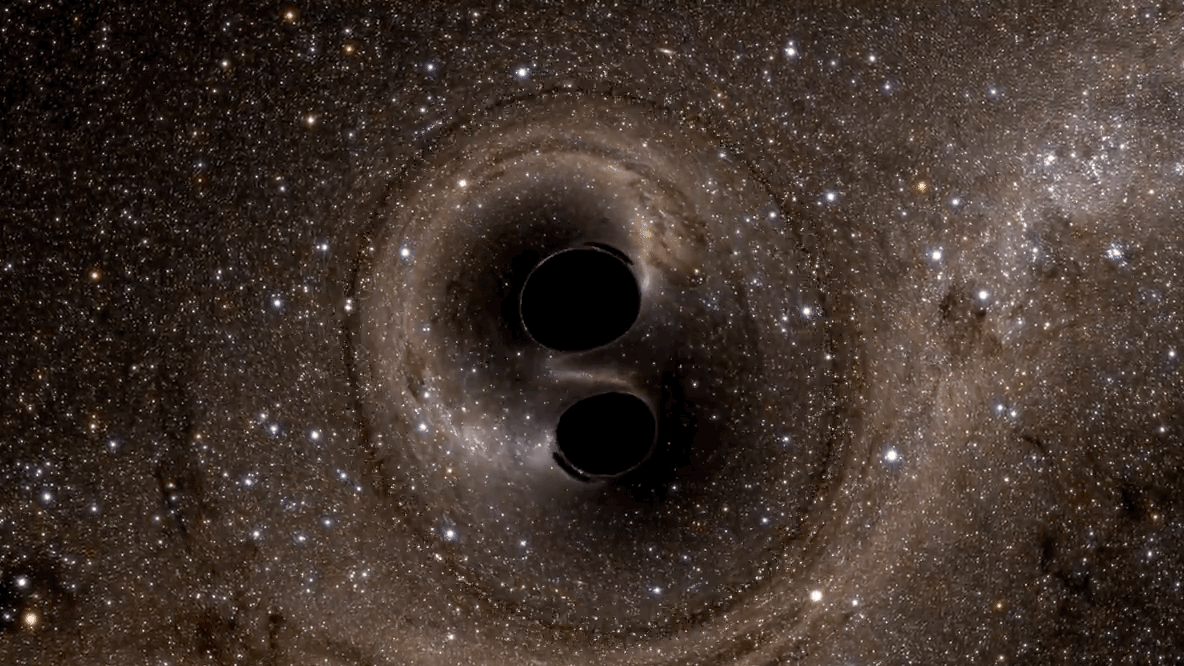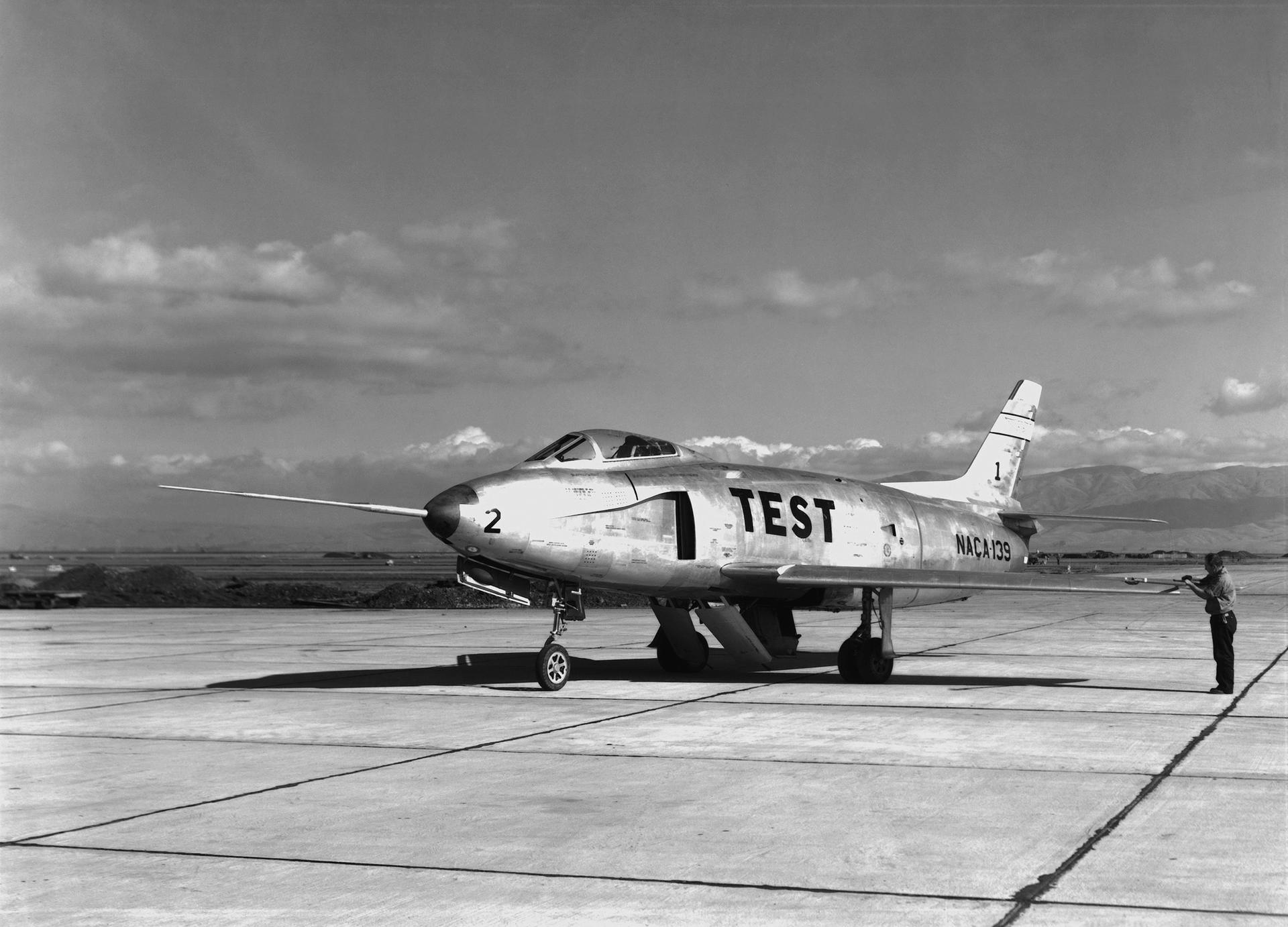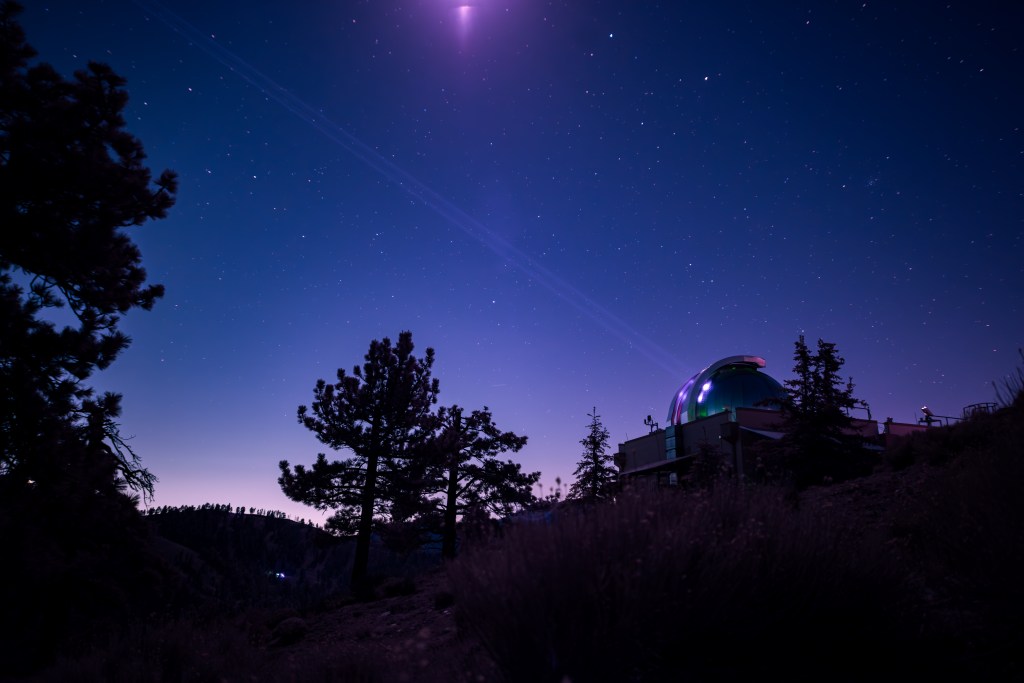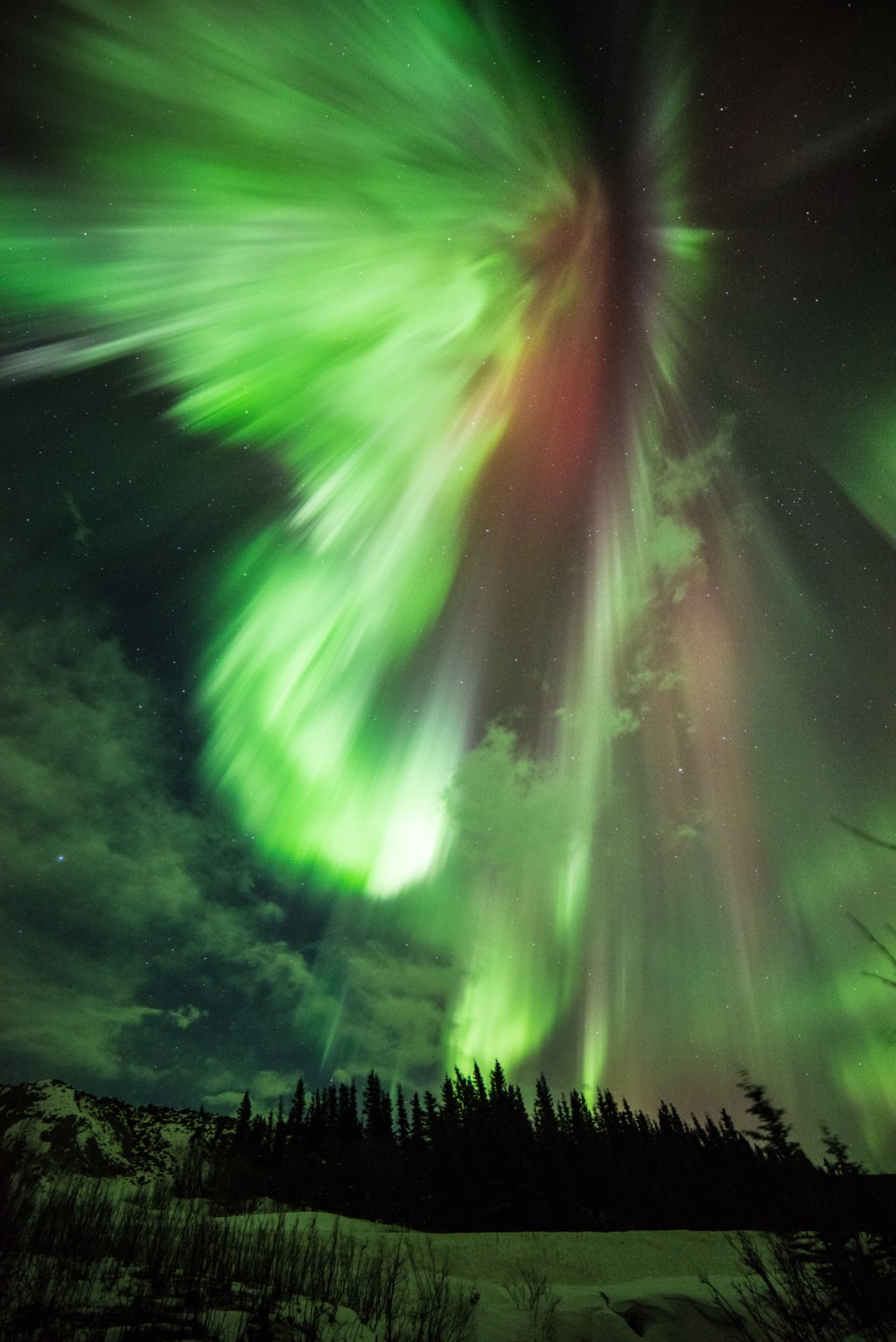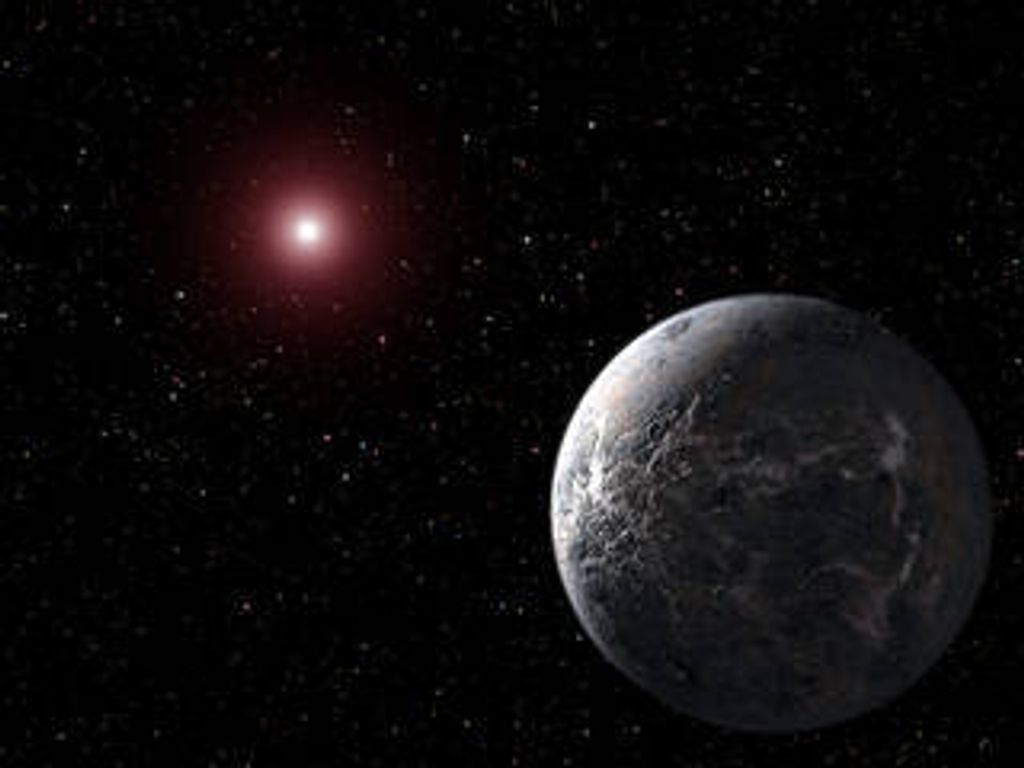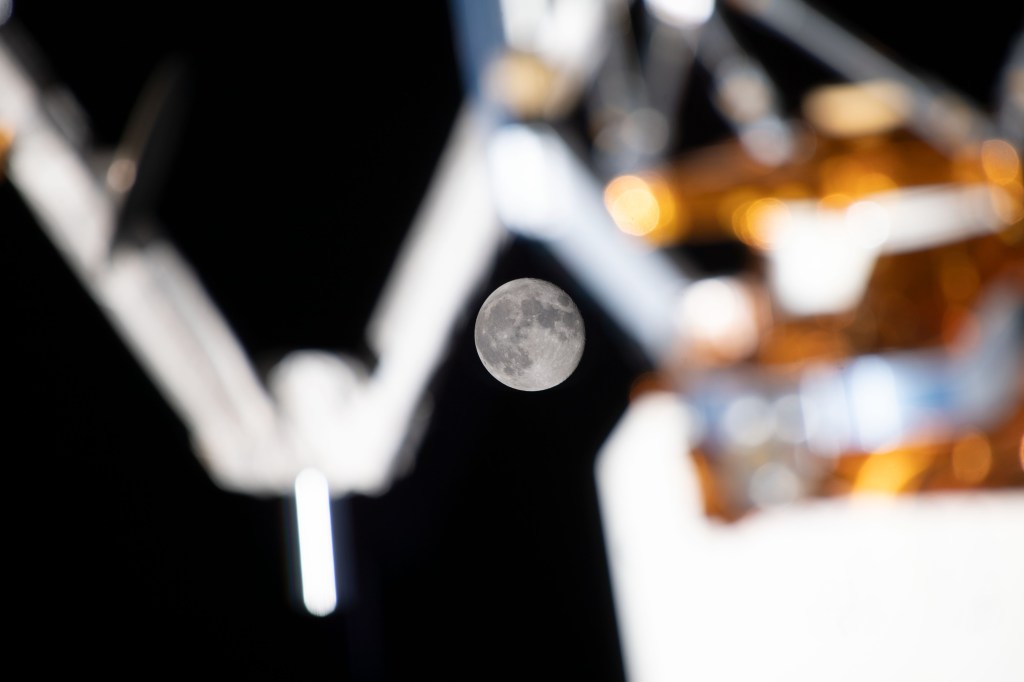Amendment 80: New Opportunity: D.18 Extreme Precision Radial Velocity Foundation Science
In response to NASEM’s 2018 Exoplanet Science Strategy report, the Astrophysics Division introduced the Extreme Precision Radial Velocity Foundation Science program element under ROSES-2020 to support a pilot set of competitively-selected investigations that addressed key challenges to achieving centimeter-per-second EPRV measurement precisions. This new ROSES-2022 program element is released to continue that work.
D.18 Extreme Precision Radial Velocity (EPRV) Foundation Science solicits investigations that will advance tools, techniques, and understanding to enable the extraction of small Keplerian radial velocity signals buried deeply within complex time-series stellar spectra. Specifically, we seek investigations in the following areas:
- Studies of how stellar (including solar) surface phenomena (convection, granulation, supergranulation, various flows, oscillations, magnetic fields, spots, faculae, plage) impact the radial velocity time series measurements of disk-integrated spectra and how those impacts vary over (relevant time scales (e.g., rotational periods, magnetic cycles, convection time scales, etc.). Investigations leading to the development of models, tools, and techniques that can be applied to disk-integrated spectra of stars to mitigate stellar radial velocity variability.
- Analyses of disk-integrated precision radial velocity observations of the Sun and benchmark (standard) stars, along with cross comparisons and simultaneous observations from different radial velocity instruments, designed to evaluate the effectiveness of mitigation strategies for stellar radial velocity variability and instrument systematics.
- Development of advanced statistical methodologies to analyze complex radial velocity datasets to enable detection of small planets and precisely measure their masses.
- Interdisciplinary research that capitalizes on existing and new heliophysics datasets beyond just those from the solar feeds of existing EPRV instruments to help model/detrend/interpret disk-integrated solar RV measurements for broad application in stellar astrophysics.
Proposed investigations may involve theory, observation, analysis of archival data, or a combination of these approaches.
ROSES-2022 Amendment 80 releases text and due dates for a new opportunity in ROSES-2022: Extreme Precision Radial Velocity Foundation Science (D.18 EPRV). Step-1 proposals are due February 16, 2023, and Step-2 proposals is April 26, 2023. Step-2 proposals will be evaluated via Dual-Anonymous Peer Review.
On or about December 20, 2022, this Amendment to the NASA Research Announcement "Research Opportunities in Space and Earth Sciences (ROSES) 2022" (NNH22ZDA001N) will be posted on the NASA research opportunity homepage at https://solicitation.nasaprs.com/ROSES2022 and will appear on SARA's ROSES blog at: https://science.nasa.gov/researchers/sara/grant-solicitations/roses-2022/
Questions concerning D.18 EPRV may be directed to Douglas Hudgins at douglas.m.hudgins@nasa.gov.

